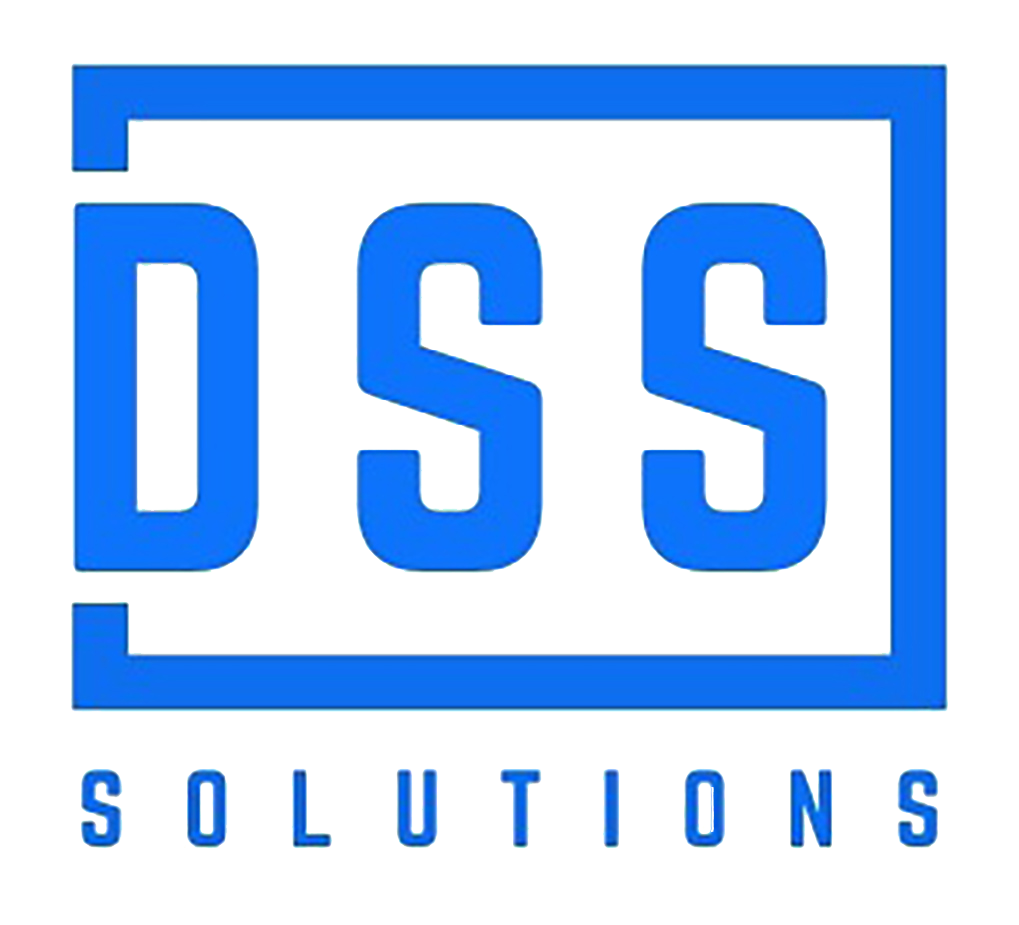OCIP/CCIP Insurance Policy Administration
What to expect during a DSS insurance program orientation meeting
During an insurance program orientation meeting, the following topics are typically covered:
- An overview of the insurance program, including the types of coverage provided and the benefits it offers
- The role of the insurance program administrator, including the services provided, the contact information
- The responsibilities of workers and other stakeholders under the insurance program
- The importance of complying with the terms and conditions of the insurance program, including the need to provide accurate and complete information, cooperate with the insurance provider
DSS provides the construction team with a comprehensive understanding of their OCIP Program through client conference calls and/or webinar training. In addition, the Owner/Sponsor, General Contractor and Trade Partners are supplied with a customized OCIP Insurance Manual which details the program.
OCIP/CCIP Insurance Policy Administration: Program Enrollment
Program enrollment is the process of enrolling workers and other stakeholders in an insurance program, such as an Owner Controlled Insurance Program (OCIP) or Contractor Controlled Insurance Program (CCIP). This process typically involves several steps, including collecting information from the workers and other stakeholders, verifying the information, and enrolling them in the insurance program.
Premium Bid Credit Analysis and Audits
Premium bid credit analysis involves meticulously examining the justifications behind the proposed lower bids. This analysis delves into factors like the contractor’s qualifications, experience with similar projects, and the proposed construction methods. Deviations from the estimate are scrutinized to ensure they are realistic and achievable without compromising quality or safety standards.
A comprehensive audit of the premium bid credit process is recommended. This audit verifies the accuracy of calculations, adherence to established procedures, and the absence of any conflicts of interest. It also assesses the potential risks associated with accepting a significantly lower bid, such as the possibility of encountering unforeseen challenges or relying on untested construction methods. By implementing a robust analysis and audit framework, project owners can leverage the potential benefits of premium bid credits while mitigating potential risks and safeguarding project success.
